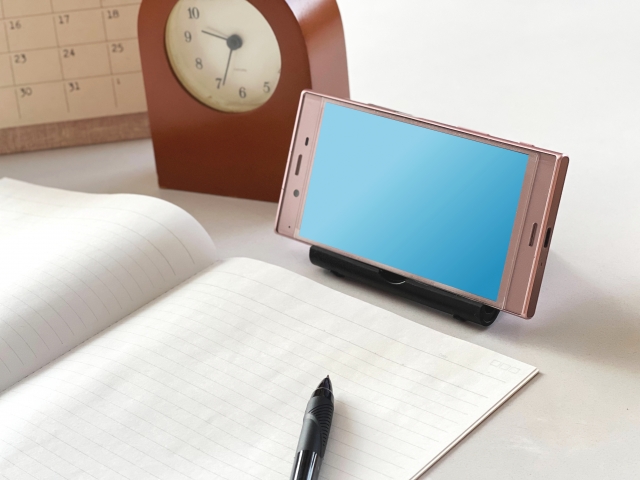
Several times a year, I give out special classes at universities and other schools.
Mostly, as a medical and welfare manager, I talk about business practices.
At the university, students will hear about real-life stories from business owners in various fields, and they will use this as a reference when deciding their own career paths.
I also hope that they will come to the world of medical welfare, I am happy to welcome them all.
Last year, I gave a lecture in beauty and welfare.
I had a hard time explaining the Japanese socialist medical care industry to working students who are enthusiastic about the world of beauty.
This year, I am participating in classes in information engineering, AI, robots, etc.
I want to support the students who is developing nursing care robots.
As a field for research and development, we will provide medical and long-term care facilities.
Of course, advice and funding.
Even if it is far from being able to be put into practical use, it is fine as long it attracts the attention of motivated and talented young people.
If possible, I would like you to become a medical engineer, or a long-term care engineer made in my own coined language.
To tell the truth, this is part of the recruitment activities.
Yesterday’s class in the Faculty of Management and Sociology was an online class from the Ginza headquarters.
Next to me, two recruiters from the Koyama Group participated in a special lecture.
They are from Sweden and Vietnam.
In both cases, there is no discomfort in using Japanese.
From the university that participated in yesterday’s lecture, a teacher from Vietnam who participated exchanged opinions on the multinational culture of long-term care.
The Koyama Group is also planning to dedicate a staff dormitory for the large number of Vietnamese staff.
I also want to open a Vietnamese restaurant there.
Not only long-term care, but I also want to make a Vietnamese food culture exchange center that offers genuine Vietnamese food as a side business.
I would like university teachers to study long-term care as a cultural exchange.
Japanese hospitality long-term care will not make any progress if it is critiqued.
By interacting with different cultures of foreign countries, Japanese long-term care of Japanese culture will also progress.
There is much to learn from Vietnam.
The staff from Vietnam are both humble and excellent.
Japanese staff also respectful and humble.
That is why you can both teach and learn.
Mutually. Equally.
Koyama’s hospitals and facilities are also places for education and research.
University hospitals have both an educational and research and medical practice functions.
I would like to see more nursing care facilities at universities as well as hospitals.
I also want you to do research and development things that integrates medical care and long-term care.
However, I know it’s difficult.
New PCR positive staff: 2
Thank you for your hard work. Thank you.
This morning’s pulse oximeter 98/99/99
Pre-meal blood glucose 125 body temperature 36.2 degrees
Student representative Yasunari Koyama








